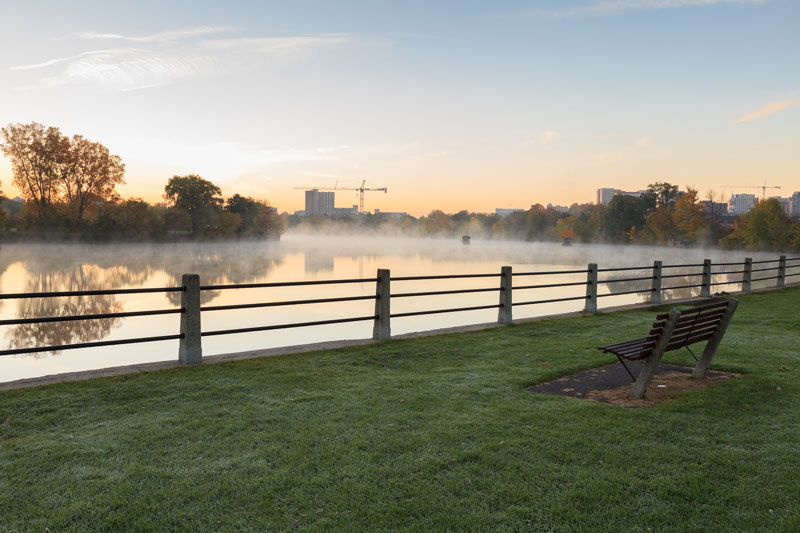During the estate planning process, many important decisions must be made. Although most people focus on who will get their estate, another important decision is who to appoint as executor (also referred to in Ontario as an ‘estate trustee’). Both a primary (your first choice) and one or more alternate executors should be named in case the first choice is unable to do the job. A recent and interesting article by Susan Hughes, entitled “No executor required” published in the November/December 2009 issue of the Canadian Lawyer, shows just how important this choice can be.
Hughes reviews a recent Ontario case, Evans v. Gondor, in which a most interesting situation arose. At their request, the court removed the executors who had been named in the deceased’s Will. The executors, the deceased’s sister and brother-in-law, no longer wished to act and there was no replacement named. This left the estate without an executor.
The estate was not a large one, consisting mainly of a small house. The deceased’s elderly mother had the use of the house for her lifetime, called a ‘life interest’; however, she was not able to live in it. The taxation authorities had placed a fairly substantial lien against the property. The estate was to be divided equally among three beneficiaries. The beneficiaries and the Public Guardian and Trustee, an Ontario government body, declined to take on the job of executor. In arriving at the decision not to appoint a replacement executor, the court referred to an old case which concluded that “no person can be compelled to remain a trustee”. The concern was that no one would take on the job if stepping down was not a possibility.
As Hughes points out, this case shows how important it is to consider who you are appointing as executor and who might replace them. We second this advice and suggest the following:
- Ask your lawyer for an explanation and some literature which outlines the duties and responsibilities of an executor. Thoroughly review this information and give careful consideration to who would be most suited to carry out those tasks.
- Before signing your Will, ask the proposed executor and alternates if each is willing to take on the role. Provide each of them with the information from your lawyer so that an informed decision can be made.
- If you do not know anyone who you think will be suitable, consider naming a lawyer or a trust company. A lawyer or a trust company could be named as a first executor or as an alternative to a family member or friend who may not wish to take on the responsibilities when the time comes. This will increase the likelihood that there will be someone ready and willing to administer your estate. This is especially important if your Will contains trusts or a life interest which may continue for a number of years after your passing.
- Even after your Will is signed, it is important to review your executor appointments from time to time and confirm that those named continue to be the best choices. If a person you have named as an executor experiences a change in circumstances such as declining health, personal or financial upheaval, moving out of the country, update your Will and change the appointment of executor.
- If you are considering whether or not to grant a life interest in your house, cottage or other real estate, discuss the idea with your lawyer. Is a life interest advisable given the nature of your assets, how long the life interest might last, and who will be around to administer your estate until the life interest ends? Are there other alternatives that could accomplish your objectives?
Reproduction of this blog is permitted if the author is credited. If you have questions or if you would like more information, please call us at 613 836-9915. This blog is not intended to be legal advice but contains general information. Please consult a lawyer or other professional to determine how the information in this blog might apply to you.
Blog posts pre-dated December 1, 2015 were originally published under Neff Law Office Professional Corporation.

